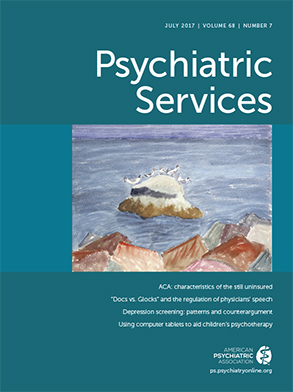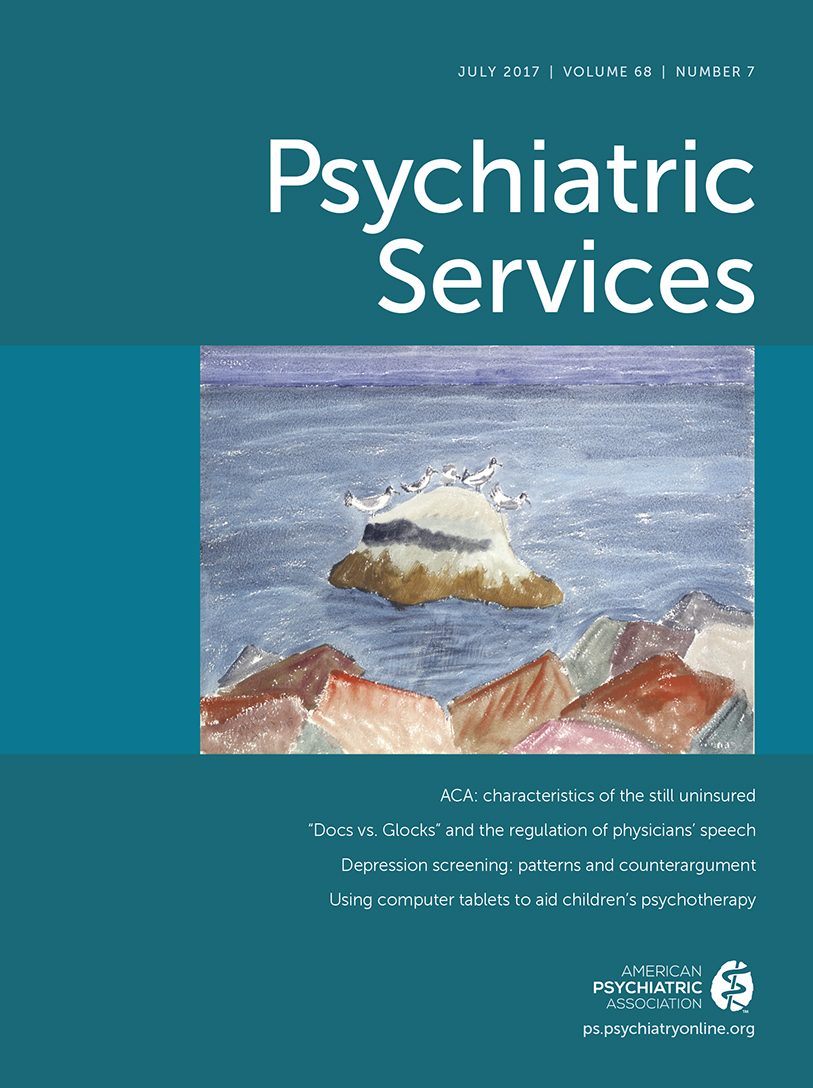In a historic lecture hall, rattling through a series of equations, a college chemistry professor paused and, just for a moment, invited the class to consider the philosophical implications of entropy. For me, at least, it stuck–maybe better than anything else in that course.
Carnot’s second law of thermodynamics states simply that if energy is not put into a system, it will evolve toward greater randomness, or entropic disorder. It wears well as clinicians tirelessly work in public systems to assist patients in pursuit of appropriate services—medical, behavioral health, legal, housing, educational, and occupational. Assisting people in pursuit of their goals is often the hardest part of these collaborations. The energy expended to stave off entropic drift is daunting because patient and clinician must expend a disproportionate amount to reach equilibrium—otherwise known as a favorable outcome—with routinely heroic efforts insufficient to avoid frustration. The goal is to allocate energy on a broader scale.
The issue is not new to most readers; it is at least as old as the implementation of community-based, mostly publicly funded, behavioral health services. Current watchwords are transformation and integration. Often advocated for are technology, evidence-based practice, process and outcome data, value-based health care services, and even the use of emerging genomics. In this transformation, those influencing the system strive to move away from relying on costly and personally disruptive inpatient care, hoping that greater service integration will spur emphasis on ambulatory care. An example of this is helping primary care manage less severe mental health problems.
In this issue, Psychiatric Services features seven articles touching on gaps in care and the persistence in breakdown of resources. Three relate the condition of poverty to diminished medication availability (Weissman and colleagues), to post–Affordable Care Act insurance access (Ali and colleagues), and to gaps in aftercare (Cheng and colleagues). In their study, Wilton and Stewart address the colliding worlds of mental illness, substance misuse, and the lapse to correctional recidivism. Easter and colleagues examine the facilitation of psychiatric advance directives and, among other important observations, note that these directives are underutilized, speculating that busy clinicians—staving off entropy—may unintentionally create barriers to successful construction of these time-consuming yet self-empowering and potentially money-saving personal documents.
And perhaps most dramatically, portraying a degeneration of service, Kumar and colleagues examine the sustainability of a program in supported housing in Toronto. They discuss the fate of a Housing First demonstration project that lost effectiveness through funding dissemblance, citing “limited understanding of the changing needs of the target population” of people who were formerly homeless.
As mental health professionals, we continue to encounter complex and layered needs among populations served in public-sector behavioral health. With our metaphor in hand, the needed supports are the required energy to avoid the entropic slide. In 2006, Richard Frank and Sherry Glied observed in Better but Not Well that so many people confronting the challenges of mental illness receive supports and services from a dizzying array of federal agencies—resources for income, educational and vocational rehabilitation, food, housing, and general medical care—while the inappropriate defaults are jails, prisons, and public shelters. The administration of these resources is notoriously uncoordinated.
At its best, the term transformation implies an active, contra-entropic process of change. The appropriate next step in our current transformation is that of resource consolidation. While this effort can never be wholly divorced from issues of funding scarcity and an ambivalent body politic, appropriate resource organization will likely yield both a net savings and improved commonweal, with population health as a beneficiary.
Especially with an understanding that social determinants of health and disease are critical, resource consolidation dictates that there must now be a creative and very bold reorganization in health and human services at federal, state, and local levels, crossing bureaucratic lines to invent mechanisms whereby the disparately administered resources mentioned above are defined, monetarily quantified, repackaged, and efficiently centered with one single authority to assist people with serious mental illnesses served by the public sector. A chemist would term this enthalpy—an injection of energy that helps patients get on with their lives, rather than wasting energy in negotiating the labyrinth.

